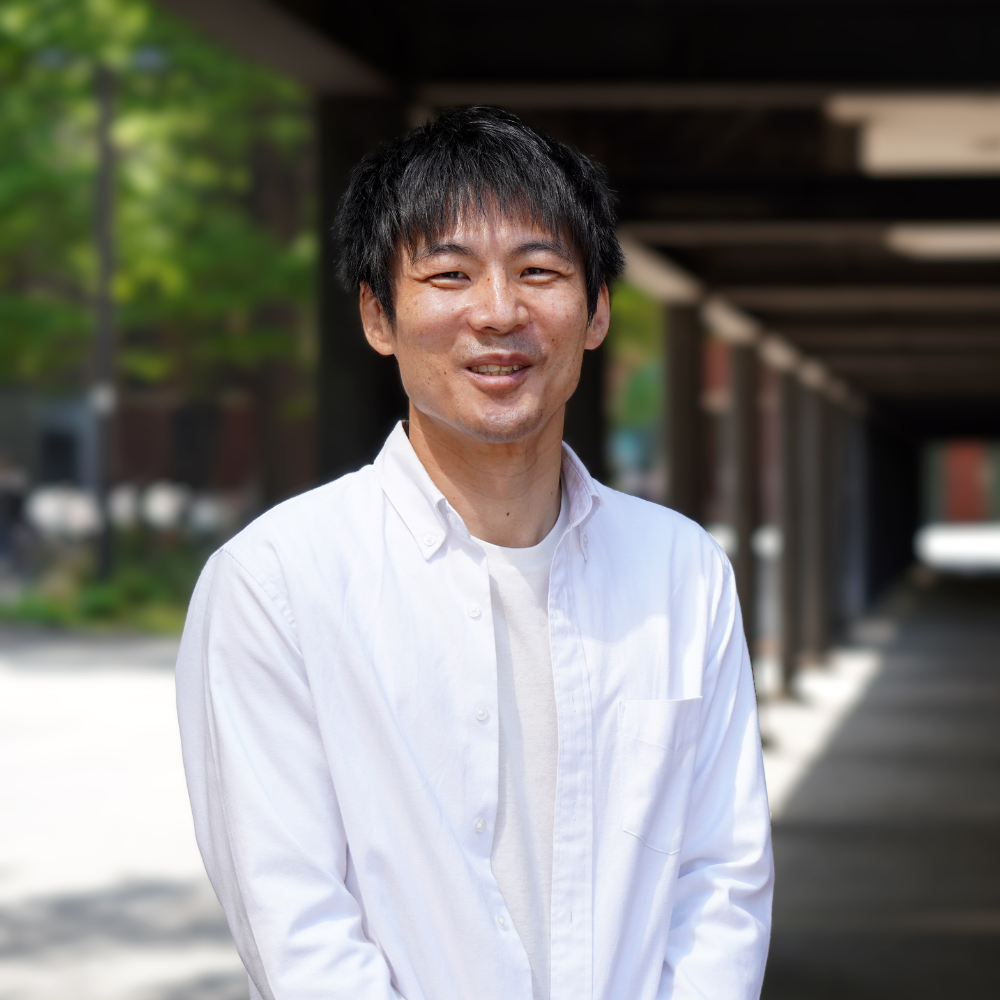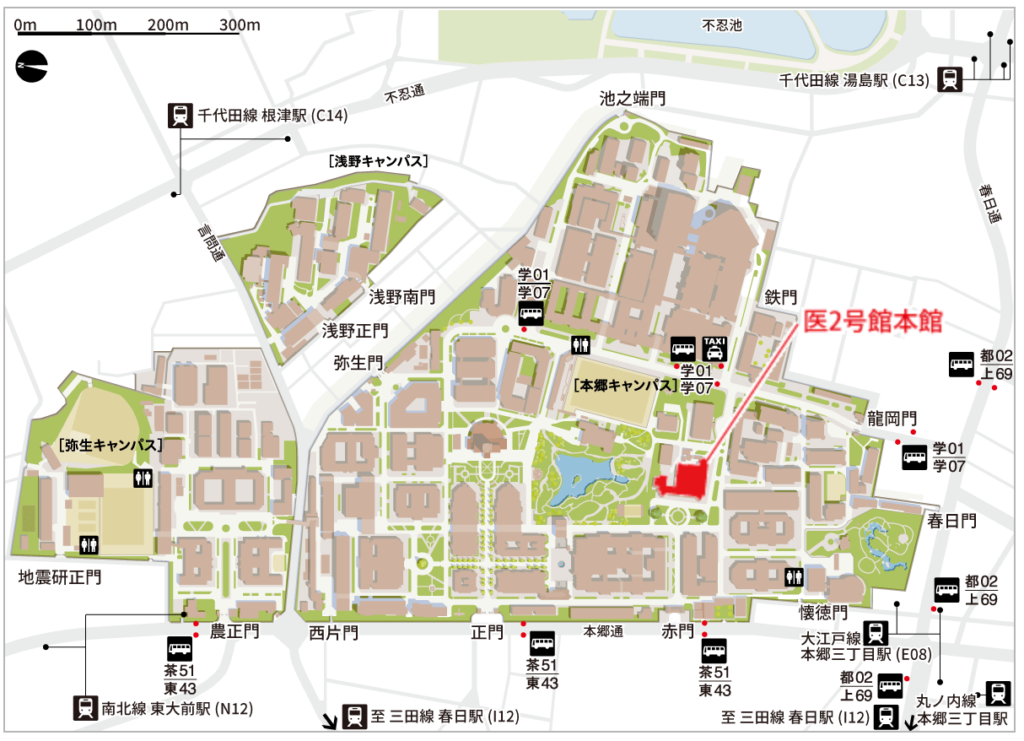News
- A new paper has been published in British Journal of Nutrition
- Graduate Student Recruitment
- A new paper on the usefulness of the hand scale has been published in Appetite.
- A new paper has been published in International Journal of Behavioral Nutrition and Physical Activity (IJBNPA)
- A new paper has been published in Nutrition Journal

About
The Department of Social and Preventive Epidemiology was established when the School of Public Health was newly founded in the Graduate School of Medicine, The University of Tokyo. Our research is primarily centred on the field of nutritional epidemiology. The first professor was Professor Emeritus Satoshi Sasaki (2007–2022), and Kentaro Murakami was appointed as a professor in 2023.
What is social preventive epidemiology?
Epidemiology is the study of quantitatively understanding health status and disease occurrence in a population, as well as statistically analyzing the relationship between factors related to the risk of disease and disease incidence. In addition to classical elements such as alcohol consumption, smoking, nutrition, and physical activity, epidemiological research on genes, factors controlling their expression, and socioeconomic factors has recently gained momentum. Epidemiological data on disease incidence and other factors are also essential for evaluating drugs and other treatments.
Furthermore, epidemiology is a central field in health science, serving as a practical science that provides research methodology and supports preventive healthcare. Unfortunately, the educational and research systems in Japan have been inadequate in this regard.
Social preventive epidemiology employs epidemiological methods to elucidate the relationship between various phenomena occurring in human society, including individual lifestyle habits, and diseases. It aims to identify specific measures that can leverage these phenomena for disease prevention and control.
Course in charge
Our department oversees the elective courses "Epidemiology Research and Practice" (summer semester) and " Practice and Assessment in Public Health" (summer intensive course) in the School of Public Health (professional degree program), Graduate School of Medicine. These courses are open to students from other graduate schools and departments as well.
Research topics
Nutritional epidemiology
Nutritional epidemiology is the overarching term for epidemiological research focusing primarily on nutrition and dietary factors. In simpler terms, it can be described as "the scientific discipline that employs epidemiological methods to elucidate the connection between our dietary choices, eating habits, and their impact on our health."
In our department, we research the theory and methodology of dietary assessment methods, develop survey methods such as the Meal-based Diet History Questionnaire (MDHQ), and conduct basic research on these methods.
In our department, we delve into the theory and methodology of dietary assessment methods, work on the development of survey techniques like the Meal-based Diet History Questionnaire (MDHQ), and engage in fundamental research concerning these methods.
Nutritional epidemiology is a crucial scientific discipline that establishes the scientific foundation for disease prevention and treatment through dietary practices. In this context, our department plays a vital role in not only disseminating the findings of nutritional epidemiology research from Japan to the global community but also in aggregating and distributing the outcomes of nutritional epidemiology research worldwide to Japan.
Career Paths After Graduation
Graduates from our laboratory pursue diverse careers both in Japan and abroad, including positions in government agencies (national and local), research institutes, universities, hospitals, private companies (medical, pharmaceutical, and others), and international organizations, as well as opportunities for further study overseas.
Examples of career destinations after graduation include:
Ministry of Health, Labour and Welfare¹; Municipal governments²; National Institute of Health and Nutrition³; National Institute of Public Health³; National Institute of Health Sciences³; The University of Tokyo; Toho University; Mizuho Research & Technologies, Ltd.; World Health Organization (WHO); Japan International Cooperation Agency (JICA); University of Southampton (UK); Tufts University (USA), among others.
¹ Japan, national government agency
² Local governments in Japan
³ Japan, national research institute
In our laboratory, we value not only conducting research but also making sure that research can benefit society. We encourage our students to discover paths where they can connect their studies with real-world impact.
✨ Join us and explore your future!
Member

Kentaro Murakami
Professor, Department of Social and Preventive Epidemiology, School of Public Health, The University of Tokyo
[ Academic degree ]
・Doctor of Philosophy in Food and Nutritional Sciences, University of Shizuoka
・Master of Science in Food and Nutritional Sciences, University of Shizuoka
・Bachelor in the field of Education, Hokkaido University
・Nutrition Research For Beginners: The very basic foundations for the research in human nutrition and nutritional epidemiology (English Edition) MURAKAMI Kentaro 2024/10/31(Kindle)
Nana Shinozaki
Assistant Professor, Department of Social and Preventive Epidemiology, School of Public Health, The University of Tokyo
Satoshi Sasaki
Professor Emeritus, Department of Social and Preventive Epidemiology, School of Public Health, The University of Tokyo
| Student | M2 Riko Chigasaki Professional Degree Program in the School of Public Health |
| Student | M1 Mai Tanaka Professional Degree Program in the School of Public Health |
Related Course
- Department of Nutritional Epidemiology and Behavioural Nutrition, Graduate School of Medicine, The University of Tokyo
Hitomi Okubo
Project Professor, Department of Nutritional Epidemiology and Behavioural Nutrition, Graduate School of Medicine, The University of Tokyo
Ryoko Tajima
Project Assistant Professor, Department of Nutritional Epidemiology and Behavioural Nutrition, Graduate School of Medicine, The University of Tokyo
Access
- Address
The University of Tokyo, Graduate School of Medicine
Faculty of Medicine Bldg.2, Room N201
7-3-1 Hongo, Bunkyo-ku,
Tokyo, 113-0033,
Japan - Train Access
・Tokyo Metro Marunouchi Line or Ooedo Line,
Hongo sanchome Sta. [6min]
・Tokyo Metro Chiyoda Line,
Yushima Sta. [10min]
・Tokyo Metro Nanboku Line,
Todaimae Sta. [15min]
Contact
For all inquiries regarding our members and research, kindly contact us at the email address provided below with your specific requirements. Please be aware that our ability to respond may vary depending on the nature of your inquiry.
If you need further assistance or have any additional questions, please feel free to ask.

To prevent spam, email addresses are displayed as image files. When sending an email, please enter your email address manually.
Graduate Student Recruitment
The Department of Social and Preventive Epidemiology is actively seeking graduate students with a keen interest in nutritional epidemiology and behavioural nutrition. We are open to applications from students not only at the University of Tokyo but also from other universities and graduate schools both in Japan and internationally.
【Educational Requirements】
Our department accepts only regular graduate students (Master’s or PhD programs). Please note that we do not, in principle, accept research students (kenkyusei).
Passion for Research: We are searching for candidates who demonstrate a profound interest and enthusiasm for research in nutritional epidemiology and behavioral nutrition. We welcome those who are driven to make significant contributions to the field of public health.
Submission of a Research Plan: Candidates are required to submit a comprehensive research plan outlining their research objectives and methodologies, to evaluate their dedication and expertise in the field.
Language Skills: Proficiency in reading and writing academic papers in English is mandatory. English language proficiency for international academic communication is highly desirable.
For undergraduate students (bachelor’s degree holders or expected graduates)
If you hold (or will soon hold) a bachelor’s degree, you must first pass the entrance examination for the Master’s Program (2-year MPH course) in the School of Public Health (SPH) The University of Tokyo to be eligible for our department.
Please note that in SPH, the department is assigned after admission. Therefore, even if you are admitted to SPH, there is no guarantee that you will be placed in our department.
For those who already hold a Master’s or PhD degree
We strongly recommend that you start from the Master’s Program (2-year MPH course) in our SPH, as it is usually not feasible to complete a doctoral thesis in our department within the time constraints of a direct transfer from another PhD program.
For any inquiries or further information, please contact.

To prevent spam, email addresses are displayed as image files.
When sending an email, please enter your email address manually.
For more information, please refer to:
- School of Public Health (SPH): https://www.m.u-tokyo.ac.jp/sph/en/en-highlight/
- Graduate School of Medicine (Admission Guide): https://www.m.u-tokyo.ac.jp/english/daigakuin/apply/appguidemain.html

